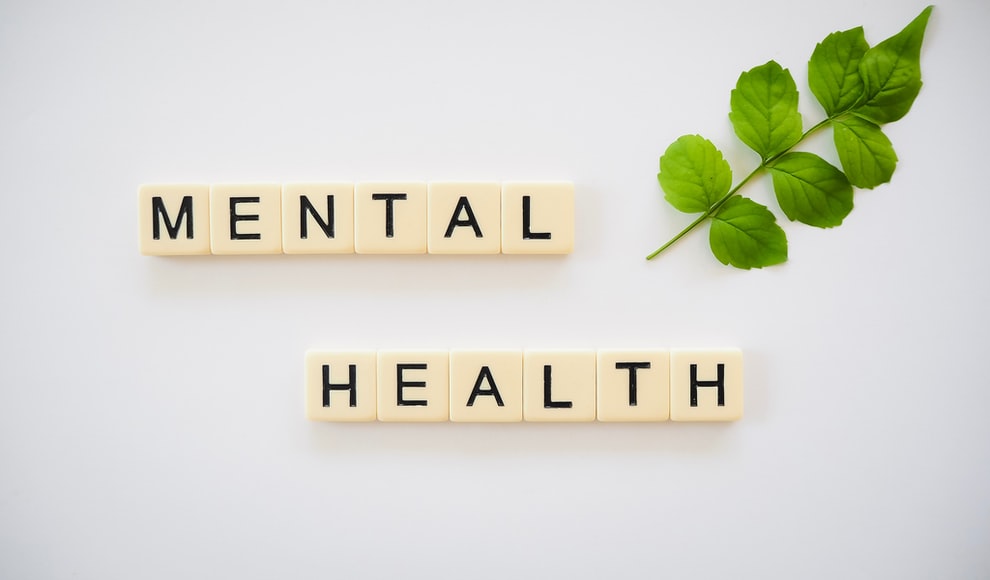
Technology has brought countless benefits to our everyday life. But it comes with downsides, too, especially when it comes to mental health. In the last few decades, the internet has brought gambling within the reach of almost anyone. Today, you don’t have to fly to Atlantic City to play blackjack or roulette; you only need a smartphone and an internet connection.
How does this easy access to online slots and crypto casinos affect our mental health? Let’s explore this connection today.
How Gambling Affects Our Mental Health
There are many forms of gambling available online, from casinos to betting, lotteries, and poker. For many, gambling is an exciting and entertaining activity. But it can quickly shift from fun to impacting our mental state. This effect differs from one form of gambling to another.
- Casino games, especially slot machines, can push our minds into what MIT anthropologist Natasha Schüll calls “the machine zone”, a state similar to the “flow” but meaningless and empty of substance. They constantly play with our brain’s reward system.
- Sports betting can be an emotional rollercoaster, with highs on victories and lows on defeats. These affect one’s moods and stress levels. In the long run, betting can affect the bettor’s self-esteem and social relationships.
- Lotteries induce a sense of hope and desperation when buying a ticket. In the long run, chasing the big win can lead to a persistent sense of disappointment, though. This can affect the player’s potential for happiness. Paradoxically, big wins can also harm mental health – the stress of sudden wealth is real.
- Skill-based games like poker offer a blend of mental challenge and unpredictability. A lot of stress goes into the game, which can impact mental health in the long run.
Gambling Can Be Addictive
Gambling addiction is a serious concern. It can push gamblers into even more severe mental health issues. While online gambling is far less addictive than its real-life counterpart, it still isn’t without risk.
Like all other addictions, gambling addiction has its signs, from the inability to stop gambling to chasing losses. This addiction can then lead to a vicious cycle where mental health issues are both the cause and the result of compulsive gambling.
Gambling in moderation can have some positive effects on our minds. The various forms of gambling can provide relaxation, a sense of community, and cognitive stimulation. But slipping into excess is very easy – so gambling should always be approached with caution.
How to Limit Gambling’s Effects on Mental Health
There is a set of responsible gambling practices that various organizations – and some casinos – promote. These are essential for mitigating gambling’s effects on our mental state.
As a general rule, setting strict limits on the time and money spent on gambling and approaching it with discipline is vital. Not letting gambling become more than entertainment is also very important. And so is recognizing the signs of gambling addiction – and seeking help when the need arises.
Support may come in many forms, from self-help groups to counselling services.
The link between gambling and mental health is complex. With the rise of digital gambling, understanding this relationship is crucial. By being aware and practising self-control, individuals can enjoy gambling’s benefits while minimizing risks. Remember, seeking help is a sign of strength. Protecting mental health should always be a priority.